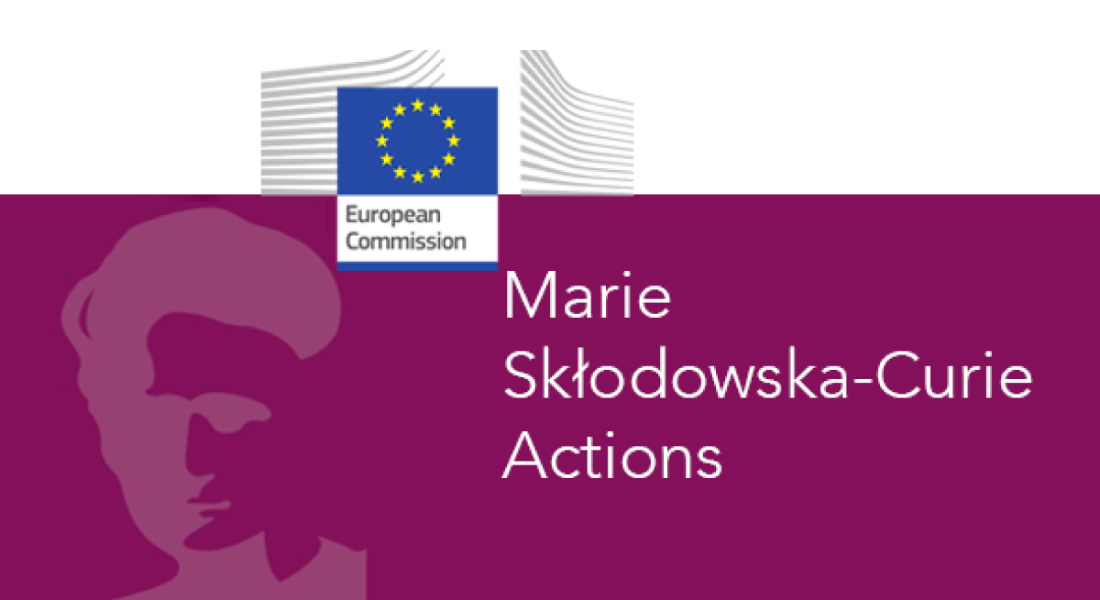Alberto Dinarello has been awarded a Marie-Skłodowska-Curie Fellowship
Postdoc Alberto Dinarello from the Brickman Group has been awarded a Marie-Skłodowska-Curie Fellowship from the European Union to identify the mechanisms through which chromatin reconfiguration prepares ventral foregut stem cells for onward differentiation.
The aim of the project is to describe the biological mechanisms behind how chromatin modulation affects differentiation. This study builds on a previous study by Yan Fung Wong, published in Nature Cell Biology, which found that cells require the right chromatin landscape for optimal differentiation.
‘I am thrilled to start this exciting project. Combining the skills I developed in Italy and in US with the expertise of Professor Joshua Brickman, we will describe the molecular mechanisms of enhancer priming in ventral foregut stem cells, providing new knowledge about pancreatic differentiation,’ says Alberto.
Understanding the role of chromatin in the differentiation process
Differentiation of pluripotent stem cells is a long process that requires time. During this process, the chromatin landscape undergoes significant changes, affecting gene expression. However, we do not fully understand what happens during this process or how chromatin controls this transition.
Alberto will study the differentiation process of pancreatic cells, specifically looking at factors that promote or dampen this process. He will study how these factors affect the chromatin landscape and what role they play when cells are differentiated into pancreatic cells.
Understanding these mechanisms and identifying the factors that promote or dampen chromatin remodeling might lead to researchers being able to accelerate the differentiation process and produce in vitro differentiated cells that more closely resemble their in vivo counterparts.
Potential knowledge for translational purposes
Currently, there are several differentiation protocols, but none of these take the chromatin landscape into consideration. The biology of the chromatin landscape could potentially reveal how we can develop better differentiation protocols. As a result, we might be able to produce pancreatic beta cells that replicate the cells in the human body. This could lead to safer in vitro beta-cell production for translational purposes that can be transplanted into, for example, diabetes patients.

